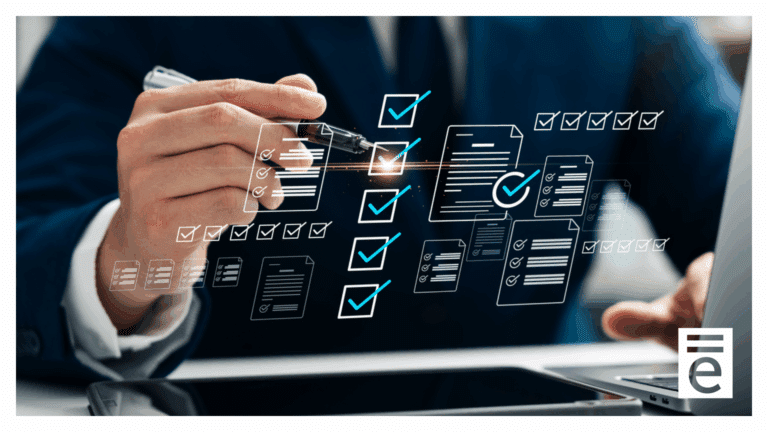By Patricia Jacoby
Despite the normalization of remote work environments, courts are still uniquely reliant on physical documents and most work is still conducted in person. However, the pandemic brought into stark relief how significant time and money are spent on administration in courts. equivant’s products improve efficiency and save on costly real estate by leveraging existing technology into the court management system.
Many courts are now looking to cloud-based platforms to resolve stopgaps and pain points in their court management workflows. Here we cover three of the greatest benefits of cloud-based systems when considering the move.
1. Cloud-Based Systems Ensure Data Consistency
Different courts and offices process information differently, where key data values would have to be standardized to communicate. Cloud-based systems bring all these agencies under one umbrella by sharing one system. The Commonwealth of Massachusetts is a great example of how statewide implementation has enabled hundreds of courts and offices to use one system. Although their cases are sequestered in their own sites, shared elements like statute numbers, or any kind of central code, are defined just once and then propagated to the unique sites. Data consistency happens right out the door.
2. Cloud-Based Platforms Provide Turnkey Solutions for Scalability and Flexibility
When it comes to managing growth or transition, hosted solutions put the Case Management System (CMS) vendors in charge, making it easier for deployments to happen quickly. Vendors would handle all upgrades, maintenance, and hardware with very minimal investment. Scalability and flexibility are much easier to achieve than in the past when courts had to make investments in hardware and support staff. Cloud-based components, on the other hand, don’t require upfront investment and time frames are reduced. Downsizing would be just as turnkey since it’s only a matter of turning things off, a plus for courts who list cost efficiency as one of their top criteria.
3. Cloud-Based Solutions Simplify Translation and Transformation
CMS interfaces offer robust solutions for the translation and transformation of data. The question is often “how do we reconcile two systems that are using different code designations?” At equivant, we would have to do that translation so they can communicate. Once again, referencing the Commonwealth of Massachusetts as an example, cloud-based systems would exponentially simplify all data exchange by using the same standard codes.
Every customer wants the system to work for their processes. equivant does offer out-of-the-box starter interfaces, but it’s almost inevitable that the workflow system will need to be customized. System interfaces are meant to simplify and eliminate redundancies. Having a starter base so you’re not reinventing the wheel is valuable, but equivant excels at customizing interfaces to meet each customer’s needs.
Gary Egner, Director of Business Development at equivant, has forecasted that “the most important trends will be carryovers and continuations of the forces that have shaped court technology for the past few years.” One of those trends just happens to be moving to cloud-based systems where greater accessibility helps support equivant’s mission to stay at the forefront of the justice space.
About Patricia Jacoby
Ms. Jacoby has more than 29 years of professional experience in software development. She has managed the business analyst staff, the development staff, and the quality assurance staff for the entire equivant product line.





